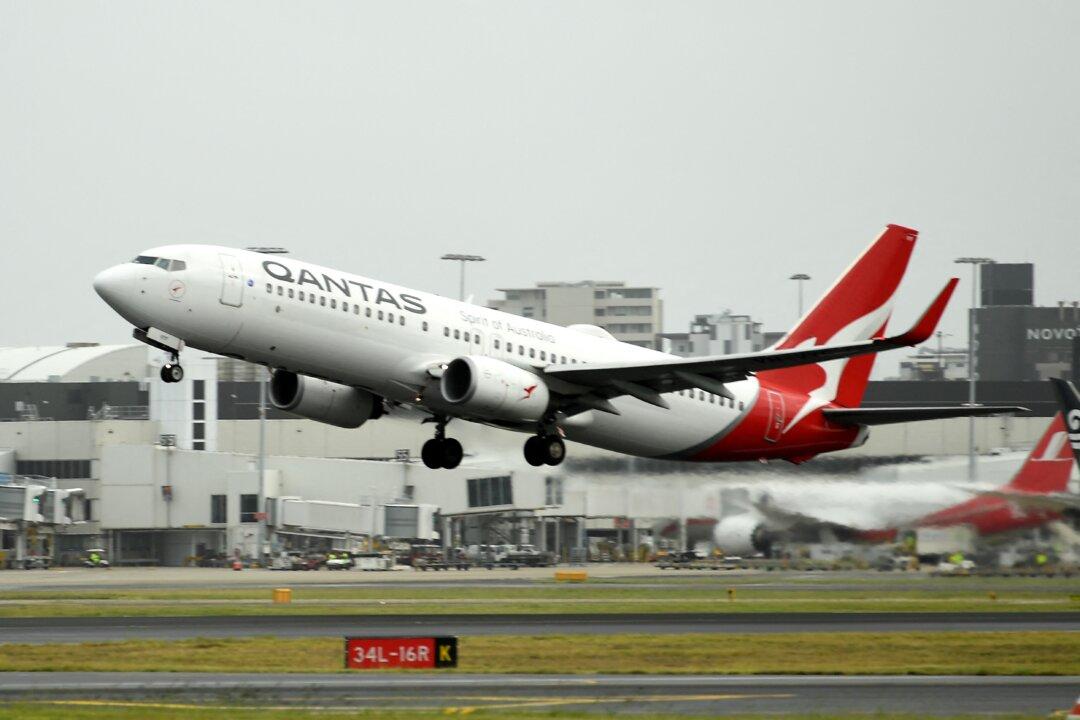Qantas, Australia’s flag carrier, has asked its senior executives to work as baggage handlers as the company struggles to hire employees.
“The high levels of winter flu and a Covid spike across the community, coupled with the ongoing tight labor market, make resourcing a challenge across our industry,” said Colin Hughes, Qantas chief operating officer, in an email, according to BBC.





